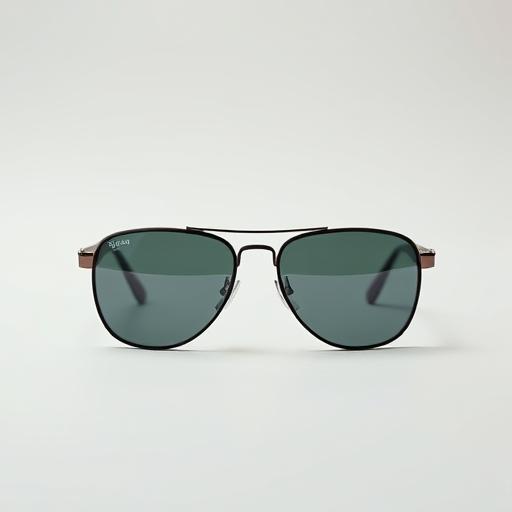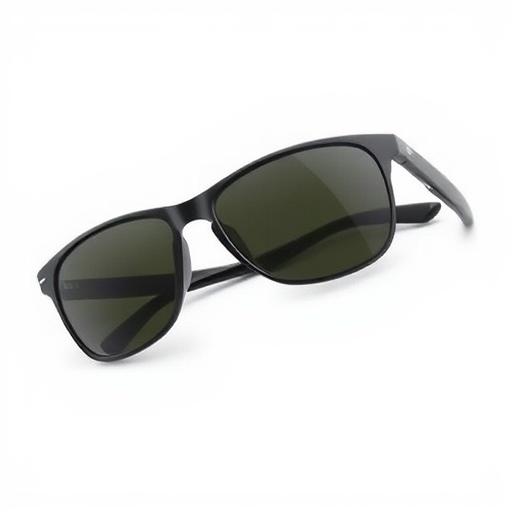Are Polarized Sunglasses Better

Sunglasses aren’t just a fashion statement—they’re essential for protecting your eyes from harmful UV rays and reducing glare. But with so many options available, one question stands out: Are polarized sunglasses better? Whether you’re driving, hiking, or simply enjoying a sunny day, understanding how polarized lenses work can help you make an informed choice. In this post, we’ll explore what polarized sunglasses are, their benefits, who they’re best suited for, and whether they truly outperform regular sunglasses in every situation.
What are Polarized Sunglasses?
Definition and Explanation
Polarized sunglasses feature a special filter that blocks intense reflected light, commonly known as glare. This is achieved through a chemical application that aligns the molecules in the lens to absorb horizontal light waves, which are the primary source of glare. Unlike regular sunglasses, which simply darken the light, polarized lenses enhance clarity by filtering out unwanted reflections.
History and Development
Polarized lenses were first developed in the 1930s by Edwin H. Land, the founder of Polaroid. Initially used for scientific purposes, the technology quickly found its way into eyewear. Over the decades, advancements in lens materials and coatings have made polarized sunglasses more durable, lightweight, and versatile, ensuring optimal performance for various outdoor activities.
Benefits of Polarized Sunglasses
Features table for Benefits of Polarized Sunglasses
Reduced Glare and Eye Strain
Glare from reflective surfaces like water, snow, or wet roads can cause significant eye strain. Polarized sunglasses eliminate this glare, making it easier to see clearly for longer periods. This is particularly beneficial for drivers, who often face hazardous glare from oncoming traffic or wet pavement.
Improved Visual Clarity and Contrast
By reducing glare, polarized lenses enhance contrast and depth perception. This improvement is invaluable for activities like fishing, where spotting fish beneath the water’s surface becomes easier, or skiing, where visibility of terrain is critical. The sharper image allows for better spatial awareness and safety.
Enhanced Safety and Comfort
Polarized sunglasses reduce eye fatigue, making them ideal for prolonged outdoor use. Whether you’re hiking, cycling, or simply relaxing by the pool, the reduced strain means you can enjoy the environment without discomfort. Additionally, better visibility translates to safer navigation, especially in dynamic environments like construction sites or highways.

Who Can Benefit from Polarized Sunglasses?
Outdoor Enthusiasts and Athletes
For hikers, fishermen, and cyclists, polarized sunglasses are a game-changer. They cut through glare from snow, water, and shiny surfaces, allowing for a more immersive and safer outdoor experience. Athletes who rely on precise visual cues, such as golfers or sailors, also benefit from the enhanced clarity.
Drivers and Pilots
Drivers face constant glare from vehicle windshields, wet roads, and other reflective surfaces. Polarized sunglasses improve reaction times by reducing visual distractions. Pilots, too, rely on clear vision to navigate and read instruments, making polarized lenses a practical choice for aviation.
People with Light Sensitivity
Individuals with light sensitivity or conditions like migraines often find relief with polarized sunglasses. These lenses reduce harsh light, minimizing discomfort and improving focus. However, those with certain medical conditions should consult an optometrist before use.
Are Polarized Sunglasses Better than Regular Sunglasses?
Comparison of Polarized and Non-Polarized Sunglasses
While regular sunglasses reduce brightness, they don’t eliminate glare. Polarized lenses offer superior clarity and comfort, especially in bright conditions. However, regular sunglasses may be preferable for activities like watching LCD screens (e.g., smartphones), as polarized lenses can interfere with visibility due to screen reflections.

Situations Where Polarized Sunglasses May Not Be Better
Polarized lenses aren’t ideal for every scenario. For example, downhill skiers may avoid them because they can obscure reflections from icy patches, which are crucial for safety. Additionally, some LCD displays (like digital dashboards) appear darker or distorted when viewed through polarized lenses.
Conclusion
Polarized sunglasses offer significant advantages, particularly for reducing glare, enhancing clarity, and improving safety. While they may not be the best choice in every situation, their benefits make them a worthwhile investment for most people, especially those who spend time outdoors or behind the wheel. If you’re looking for superior eye protection and comfort, polarized sunglasses are a clear winner.
Frequently Asked Questions (FAQs)
Q: Are polarized sunglasses more expensive than regular sunglasses?
Generally, yes, polarized sunglasses tend to be more expensive due to the advanced technology involved. However, prices vary based on brand, lens material, and additional features.
Q: Can I wear polarized sunglasses at night?
No, polarized sunglasses are designed for bright conditions and can reduce visibility in low light. They’re not suitable for nighttime use.
Q: Are polarized sunglasses suitable for people with certain medical conditions?
It depends on the condition. People with photophobia or light sensitivity may benefit, but those with specific eye conditions should consult an optometrist before wearing polarized lenses.

—
